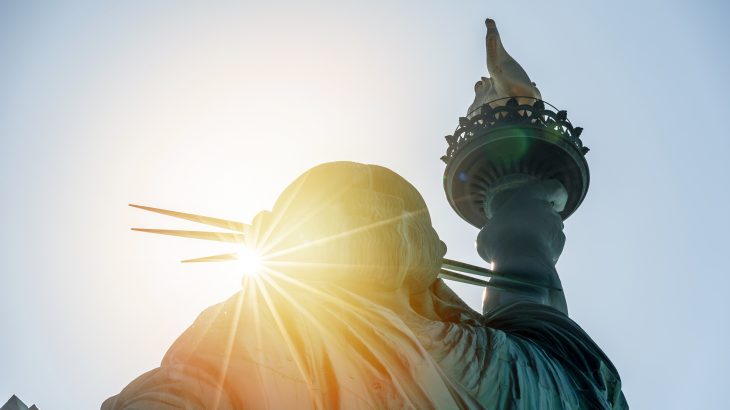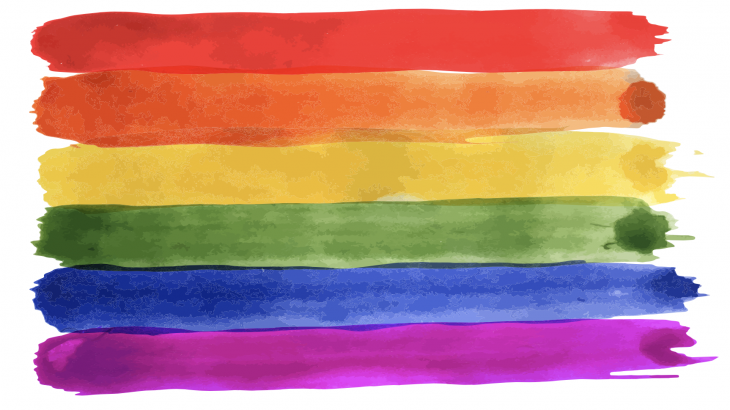It is possible to gain entry to the United States if you are in urgent humanitarian need by applying for Humanitarian Parole. Parole does not confer any legal status in the United States, but it does provide the opportunity to get out of harm’s way, obtain urgent medical care, donate an organ, or reunite with family in exceptional circumstances. Once in the United States, it may be possible to adjust your status by applying another visa category or to apply for asylum.
Each request is handled on a case-by-case basis on the discretion of the Attorney General. It is important to note, however, that parole is a way to enter the United States physically rather than admitting in the US legally. This may be an advantage for several people, as since this is not a legal admission into the United States, applicants need not show they are admissible for parole – meaning those with prior criminal convictions and/or immigration violations also have the chance of being granted parole.
While every case is considered individually, the United States Citizenship and Immigration Services website does lay out some general factors that are considered for parole:
- Whether the purpose of the parole request may be accomplished within a specific temporary period of time;
- Whether the beneficiary intends to leave the United States once the parole expires or has the means to obtain lawful immigration status during the parole authorisation period or any re-parole period;
- Whether there is evidence of any national security concerns, criminal history, fraud, or previous immigration violations;
- Whether the beneficiarie’s presence would benefit or otherwise affect an US citizen or lawful permanent resident or community in the United States;
- Whether the beneficiary will have sufficient financial support while in the United States;
- Evidence of the beneficiaries character;
- Whether there are other means than parole available to the beneficiary so they can travel to and remain in the United States for the stated parole purpose.
It is also immensely beneficial if you are admissible for entry when you gain parole – this means that if you are eligible for an immigrant visa when you enter the United States as a parolee, it might be easier for you to gain an adjustment of status and remain in the US legally.
If you are seeking Asylum under the ‘Parole directive’, an asylum seeker who has established a credible fear of persecution should be granted parole in the public interest and released from detention while pursuing his or her asylum claim if the individual: (a) establishes his or her identity to the satisfaction of the Department of Homeland Security; and (b) presents neither a flight risk nor a danger to the community. Evidence that can be submitted in support of a request for parole includes:
- Letters of support from friends and family in the United States about reliability, likelihood of attending court hearings, and lack of criminal record or behaviour;
- Documents showing your identity;
- Documents showing that you have a sponsor in the United States who can support you financially and in your immigration case.
It is also possible that again for urgent humanitarian reasons such as to receive medical treatment or for family reunification purposes. This means that you can be granted entry for medical reasons including to serve as an organ donor or if you need care for a seriously ill or terminally ill family member in the United States. You can also gain entry under humanitarian parole for family reasons including reuniting with family for urgent humanitarian reasons for attending a funeral or settling the affairs of a deceased relative.
Under INA s 212(d)(5), you can receive parole if you present yourself at a port of entry for urgent humanitarian reasons or significant public health benefit. It may be useful to note however, that since the Covid-19 pandemic, Title 42 of the US Code s 265 Has been used to prevent the entry of individuals into the United States if they present a danger of introduction of a communicable disease; this means hundreds of thousands of parolee requests have been denied since Title 42 was asserted in March 2020. You should have your counsel contact the CBP counsel or the specific port director and send a humanitarian parole package over. They should signify your unique circumstances and vulnerabilities and why granting you a parole would be warranted.
By Tishita Agarwal
This article is published for clients, friends and other interested visitors for information purposes only. The contents of the article do not constitute legal advice and do not necessarily reflect the opinions of Davies & Associates or any of its attorneys, staff or clients. External links are not an endorsement of the content.



























